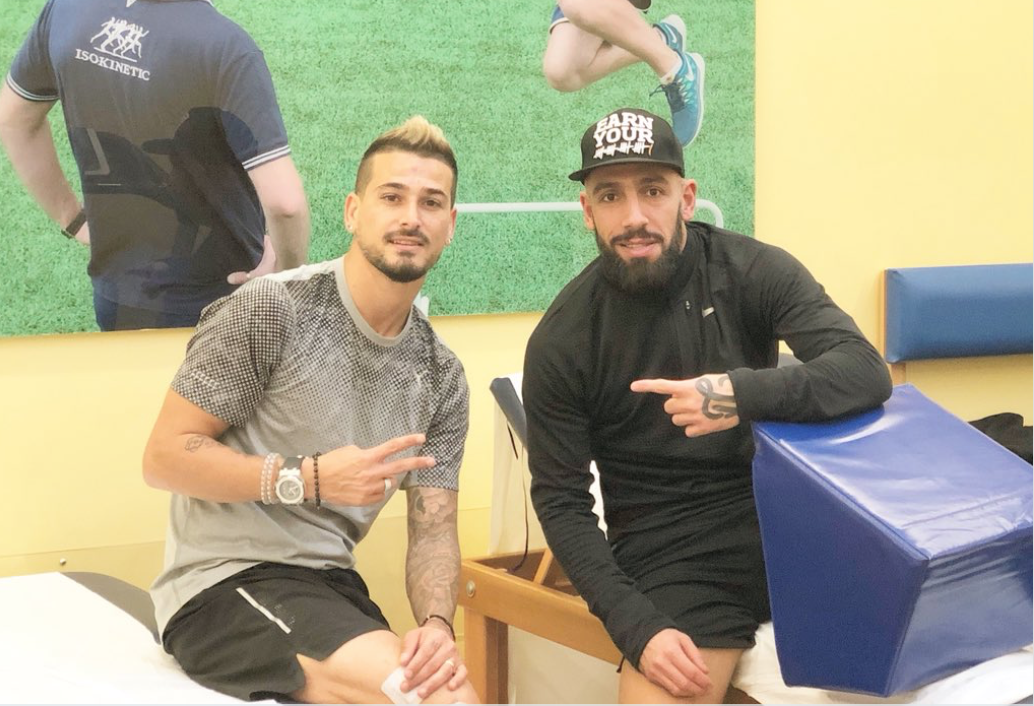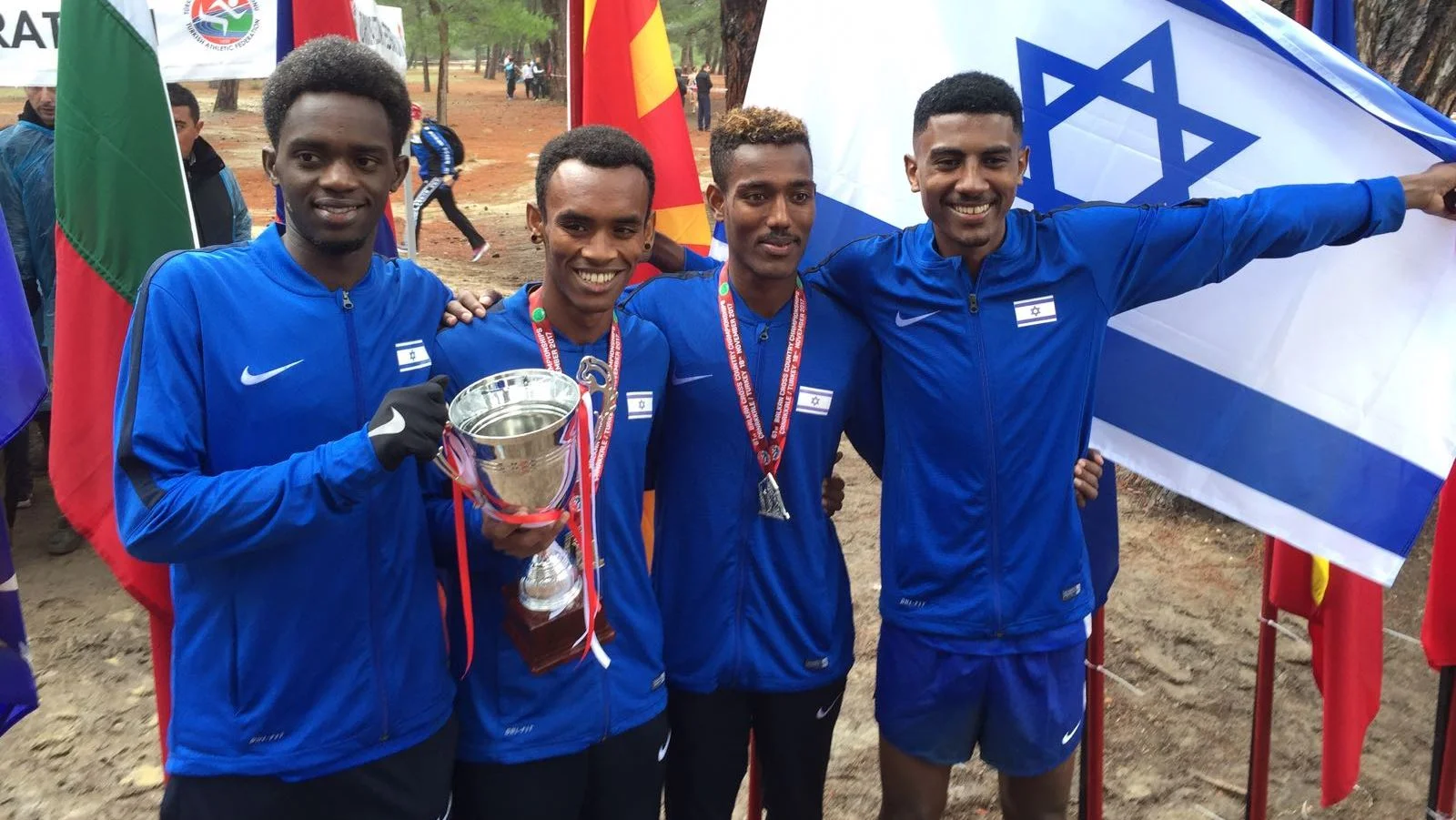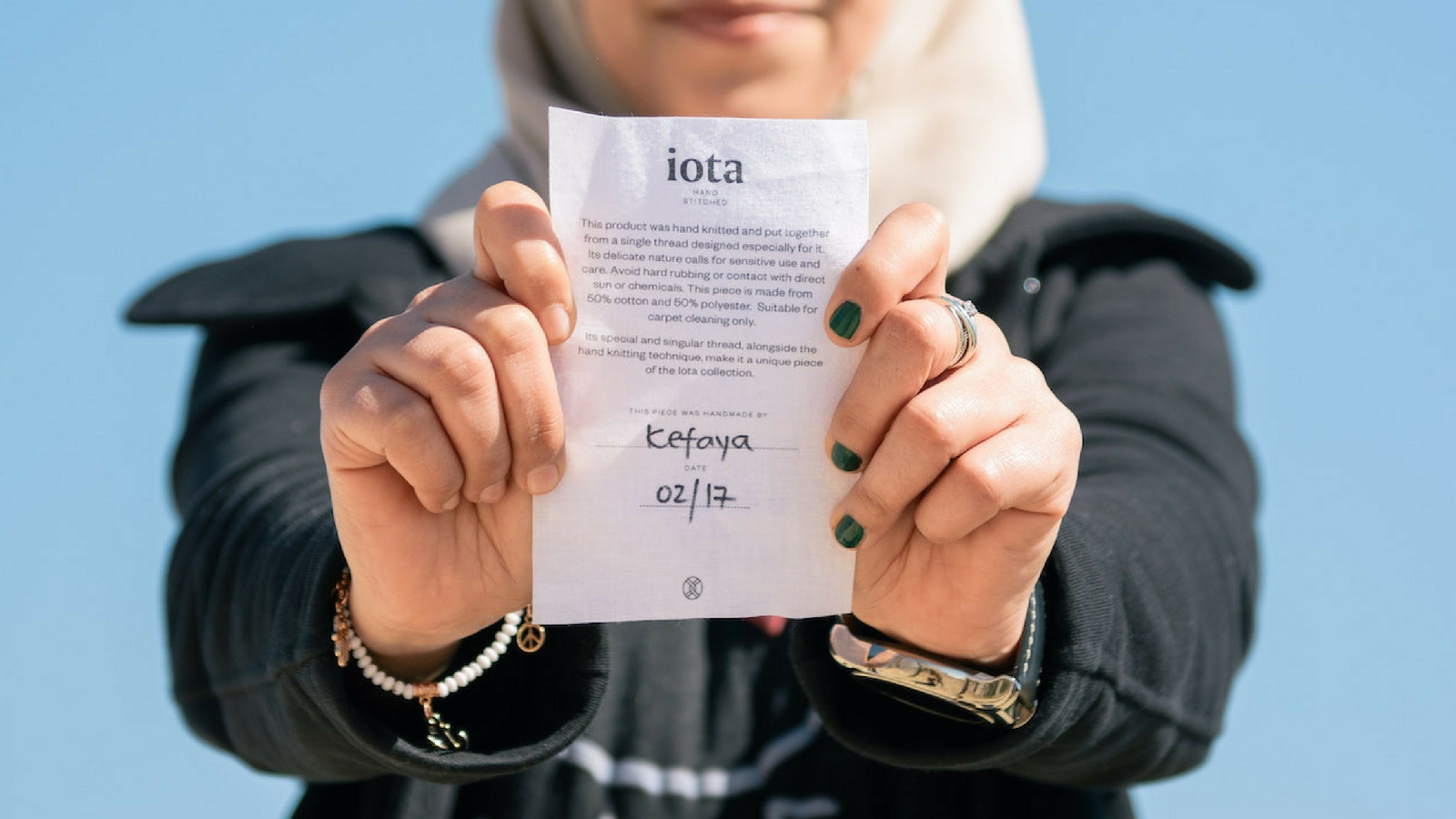(Photo: Hadassah Hospital)
By Judah Ari Gross - March, 29, 2018
Originally appeared here in the Times of Israel
Dr. Julius Golender is used to being asked for help by East Jerusalem’s Red Crescent Hospital, since the medical center lacks a pediatric cardiology ward — his area of expertise.
But when he received an urgent call last month, it was clear that “this was a complicated case,” he said.
On February 14, a Filipino baby boy, Francis Joseph, was born at the Red Crescent Hospital with a rare and serious heart defect, which threatened to kill him within hours if it went untreated.
The baby needed a complicated and risky open-heart surgery known as the Jatene procedure, which the East Jerusalem hospital did not have the necessary facilities to perform but which was possible in Golender’s Hadassah Hospital in the capital’s Ein Kerem neighborhood.
Could he help out?
The baby was born with a condition known as transposition of the great vessels, or TGV, in which his arteries were not properly connected to his heart and, in his case, the openings to the heart chambers were also malformed. They were so small that they were preventing his blood from being pumped throughout this body. Read More




















